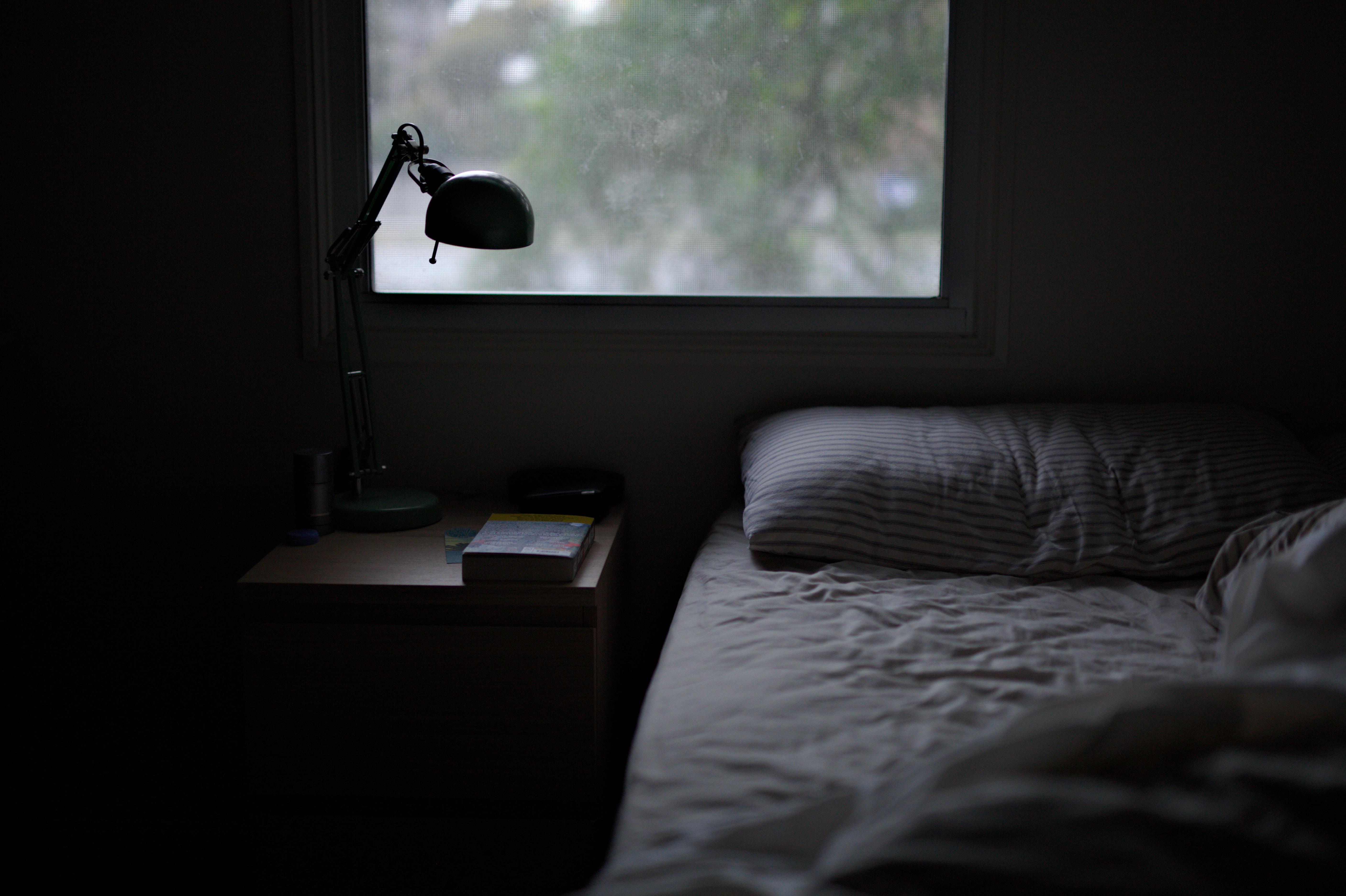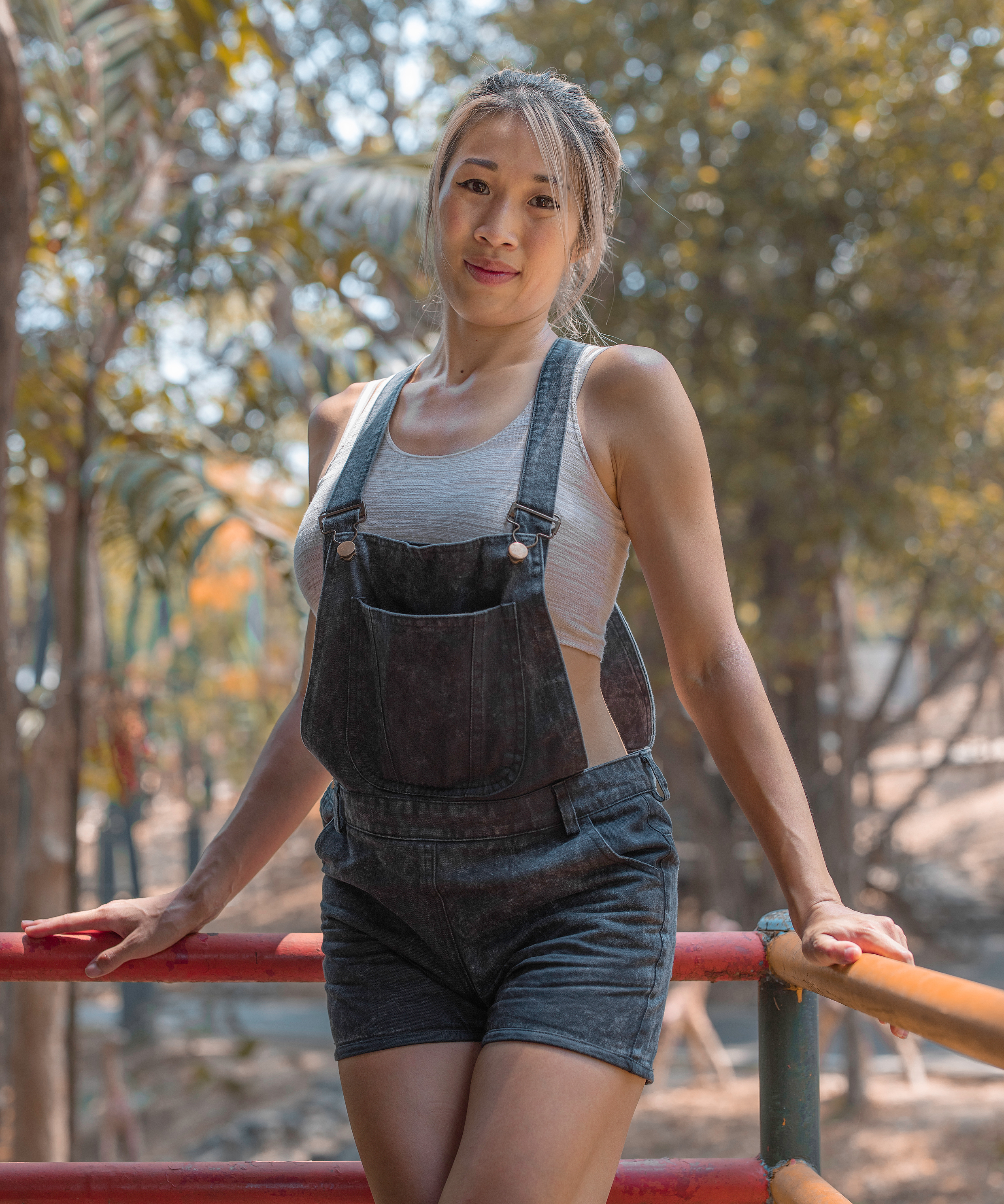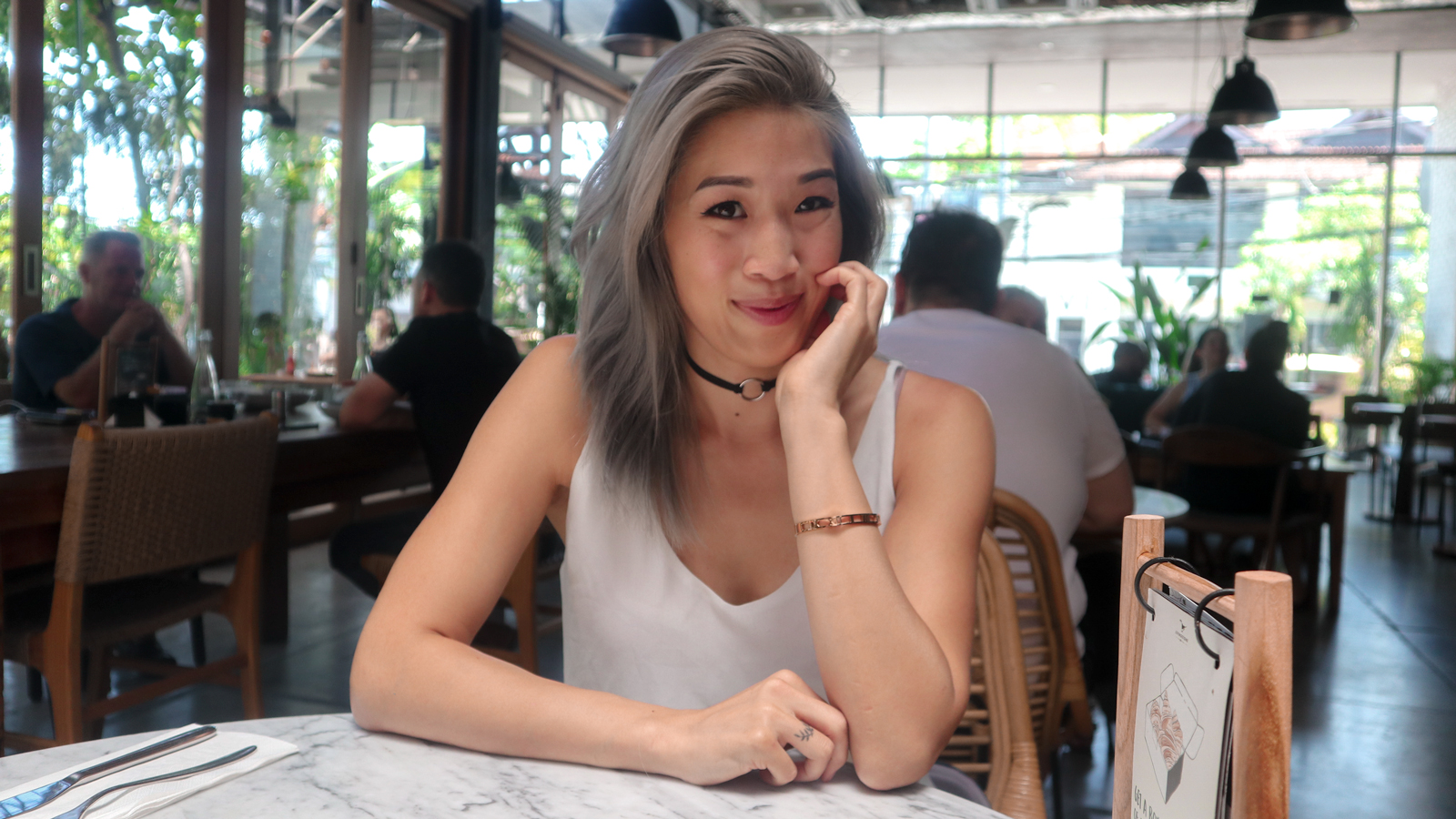
The Key to Sleeping Better Each Night: Total Darkness
We slept when the sun went down and woke up when the sun rose up. This was supposedly our default time to sleep, the time our bodies were pre-programmed to rest and recover after a long hard day, for thousands and thousands of years.
But look at where we are now.
We’re living in a harried, overwhelmed, technology-laden society where we’re consumed and addicted by entertainment. Facebook. TV. World of Warcraft. Instagram. Witty advertisements. Even though we know we’re tired (of consuming this much information a day) and could definitely use some sleep, especially if we’re not getting our eight hours, we still choose to indulge in these activities despite having ugly under eye bags and pale skin the next day. It’s just more worth it, you know, the gratification we get from these diversions vs the subtle rewards sleep offers (which I’ll discuss later).
The same goes for workaholics, like me. We would much rather sleep less in order to do more, because success — whether that’s having great fortune, great fame, lots of powerful connections — has a larger appeal to our inmost desires than simply having a good night’s sleep.
Sleep just isn’t our priority in our current society. It’s the first thing to get cut off from our schedule and the last thing we think about.
And the reality of this all worries me.
Because while many of us might adopt the old maxim, “I’ll sleep when I’m dead”, and continue doing what we’re doing, the cold truth is, you will be dead sooner and the quality of that (shorter) life will be worst.
People with progressive insomnia, a rare genetic disorder that eventually stops the patient from sleeping, die within 12 to 18 months. Their body functions cease working. Their brain deteriorates. Their immune system gives way. It’s not a pretty picture. And anyone who’s experienced this sort of sleep deprivation for a long extended time will all tell you the same thing: it’s worst than hunger and thirst.
Now you might not be able to weigh sleep on the same scale of let’s say, food or physical activity, in terms of owning the day because you haven’t really noticed much of its effect. But here’s a list of what sleep does:
Sleep is what primes us towards our most optimal state. It restores our brain by flushing out toxins that build up during waking hours. It boosts our immunity by creating a significant supply of white blood cells overnight. It balances our appetite and rebuilds our muscles and joints. It restores our energy back to the max so that we could tackle tomorrow without groaning in half exhaustion.
Given what sleep can do for us, how can we, sleep-deprived folks, regain it back? More importantly, how can we achieve higher quality sleep if we’re unable to satisfy the quantity?
Well, as you can tell from this title, you want your bedroom as dark as a cave. No nightlight. No electronics. Not even the glow from the power button on your remote control. Because if even the slightest tinge of light seeps into your eye, you’ll be throwing your circadian rhythm off balance, making it harder for you to fall asleep or sleep without any awakenings.
I learned this the hard way when I was in Bali (Indonesia). My boyfriend and I had rented a studio, after reading people’s reviews of the bed being extremely comfortable, but for some reason kept tossing and turning in bed. Thinking it was, perhaps, the mattress or pillows that kept disrupting our sleep, we asked our host for a new set. But unfortunately, that wasn’t the problem.
It was only until my boyfriend, who was somewhat bothered by the bright glow emitted from our backyard (there’s one light bulb turned on by default so visitors could view the yard at night), turned off the outdoor light.
And that’s when, strangely, we both had slept. Without tossing or turning!
We were so refreshed the next day that we kept asking each other:
What just happened??
Well, as it turns out, our bodies naturally produce melatonin, a hormone that tells us that it’s time to sleep, starting after 9pm. If there’s any artificial light that hits our eye, our bodies stop producing melatonin, making it harder for us to fall asleep or sleep soundly. This was the issue my boyfriend and I were experiencing in that room in Bali, and it sucked because for two weeks we couldn’t sleep much, even when we had a comfortable mattress and pillow.
This just goes to show that total darkness trumps most everything else when it comes to getting quality sleep. So take it from me: If you want more hours of sleep or you want a deeper sleep, turn off every light source in your room. It’ll make all the difference and you’ll instantly feel more refreshed the next day.
By the way, here’re some ways to set up your room so that it’s pitch dark:
- Get rid of your night light
- Invest in black out curtains
- Cover up any lights emitted from chargers and power buttons
Other things you can do to fall into deep sleep:
- Turn off all electronic devices an hour before you sleep
- Eat your last meal or snack two hours before you sleep
- Enable night shift on your phone, so that it emits a warmer (less harsh blue) color
- Do something relaxing (listening to music, meditating, reading, deep breathing) before you sleep
- Exercise regularly but not before bed


